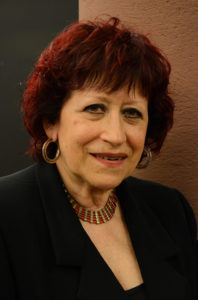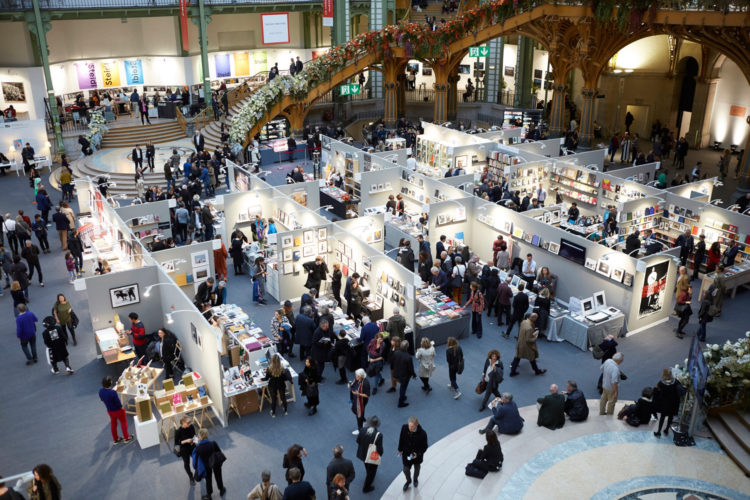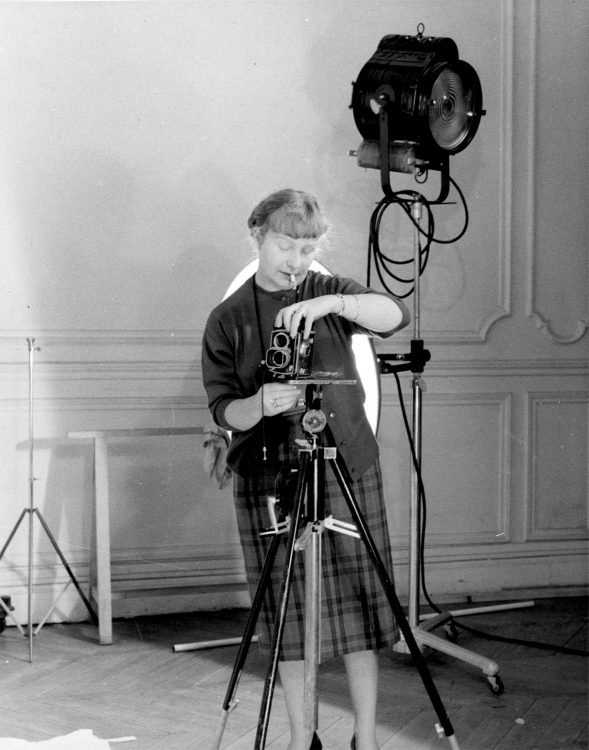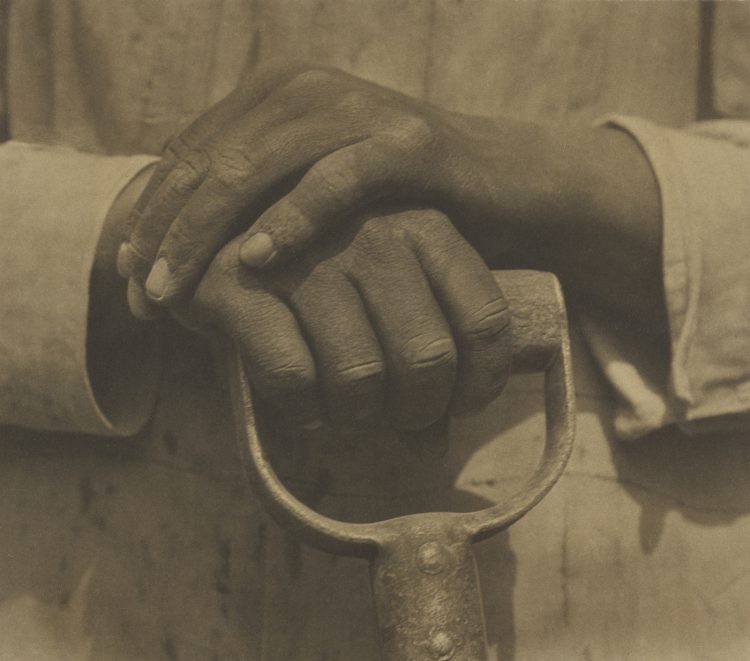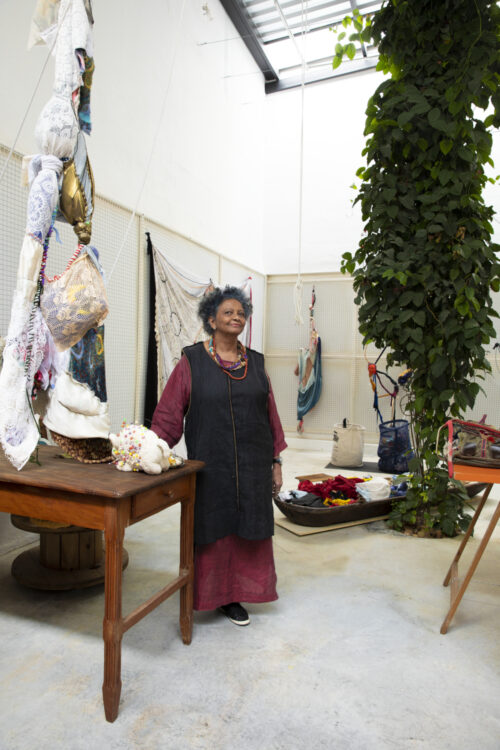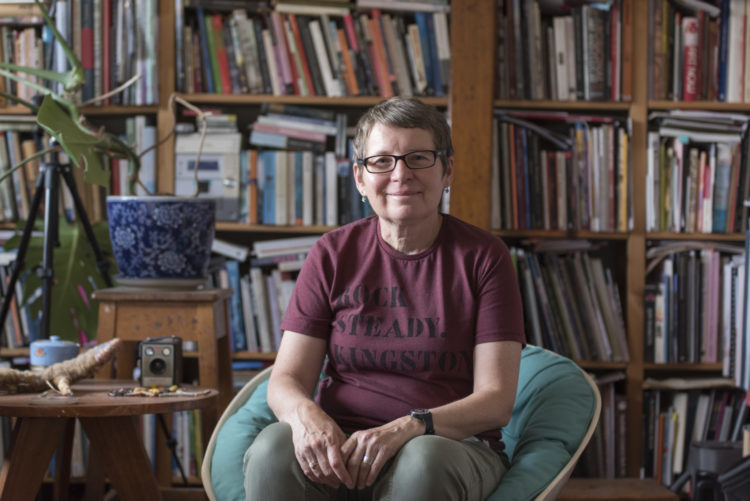Pilar Aymerich
Aymerch, Pilar, Presas: 1976-1978, Barcelona, Janus, 2022
→Jareño Gila, Claudia, Sanz, Anne-Claire (eds.), Otras miradas: voces y formas de la creación feminista desde los años 60 en el Estado español, Barcelona, Bellaterra, 2021
→Naranjo, Juan et al., Introducció a la historia de la fotografía a Catalunya, Barcelona, Lunwerg, 2000
Pilar Aymerich. Memoria vivida, Círculo de Bellas Artes, Madrid, September 20, 2023–January 1, 2024
→Pilar Aymerich. El goig i la revolta, Palau Solterra – Museo de Fotografía Contemporánea, Torroella de Montgrí, June 9–September 16, 2012
→Pilar Aymerich: rauxa, Galería Eude, Barcelona, April, 1977
Spanish photographer.
Pilar Aymerich is well known for her photo reportage and portraits during the Spanish Transition (1975–1982), the period of political, economic and institutional reforms accompanying the country’s passage from the Franco dictatorship to a parliamentary monarchy.
At the beginning of the 1960s she studied theatre direction at the Escola d’Art Dramàtic Adrià Gual in Barcelona before stepping into the world of photography in London and Paris. In 1968 she settled permanently in Barcelona, where she began to work for many magazines and newspapers such as Serra d’Or (1959–), Triunfo (1946–1982), El País (1976–) and Fotogramas (1946–). She also produced photography for posters and album covers.
During those years she specialised in portraits and social reportage while developing her own work methods. Before embarking upon street photography she developed her skills by shooting bouncing ping-pong balls, catching them at the precise moment when they were in the centre of the frame. This was her way of training herself to capturing fleeting moments in a relentlessly moving history, since documenting the upheavals of the Transition required great precision and speed.
In this way she was able to record that period from the point of view of civil society. Her emblematic photos of street demonstrations and riots include Manifestación en la calle Ferran [Protest on Ferran Street, 1976], featuring union leaders during an illegal demonstration in Barcelona in support of a construction workers’ strike, and Manifestación por la despenalización del adulterio [Demonstration for the Decriminalisation of Adultery, 1976]; adultery was considered a crime until 1978. P. Aymerich shot these pieces at the eye level of the people in the streets, always adopting their viewpoint.
As has been pointed out by the art historian Patricia Mayayo, P. Aymerich’s work also reveals the representational practices of the feminist movement during that period. This can be seen in pieces like Presas: 1976–1978 (2022), an album of portraits accompanyed by first-hand accounts from the Trinitat women’s prison in Barcelona, which held women sentenced for abortion, adultery, infanticide or abandoning their families at a time when the Franco regime’s suffocating legal structure was especially oppressive for women. Other examples of her work at that time appeared in the magazine Vindicación feminista (1976–1979), a publication that played an essential role in the rearticulation of the feminist movement after the dictatorship.
P. Aymerich has constantly shown her work in Barcelona ever since her first show at the Galería Eude in 1977. In 2005 she received the Cruz de Sant Jordi awarded by the city to its distinguished citizens. Her recognition was restored at the national level with the exhibition Genealogías feministas en el arte español: 1960–2010, at the Museo de Arte Contemporáneo de Castilla y León in 2012–2013. In 2021 she was awarded the Premio Nacional de Fotografía, and in 2023 her first career retrospective was presented at the Círculo de Bellas Artes in Madrid, curated by Neus Miró.
A notice produced as part of the TEAM international academic network: Teaching, E-learning, Agency and Mentoring
© Archives of Women Artists, Research and Exhibitions, 2024


